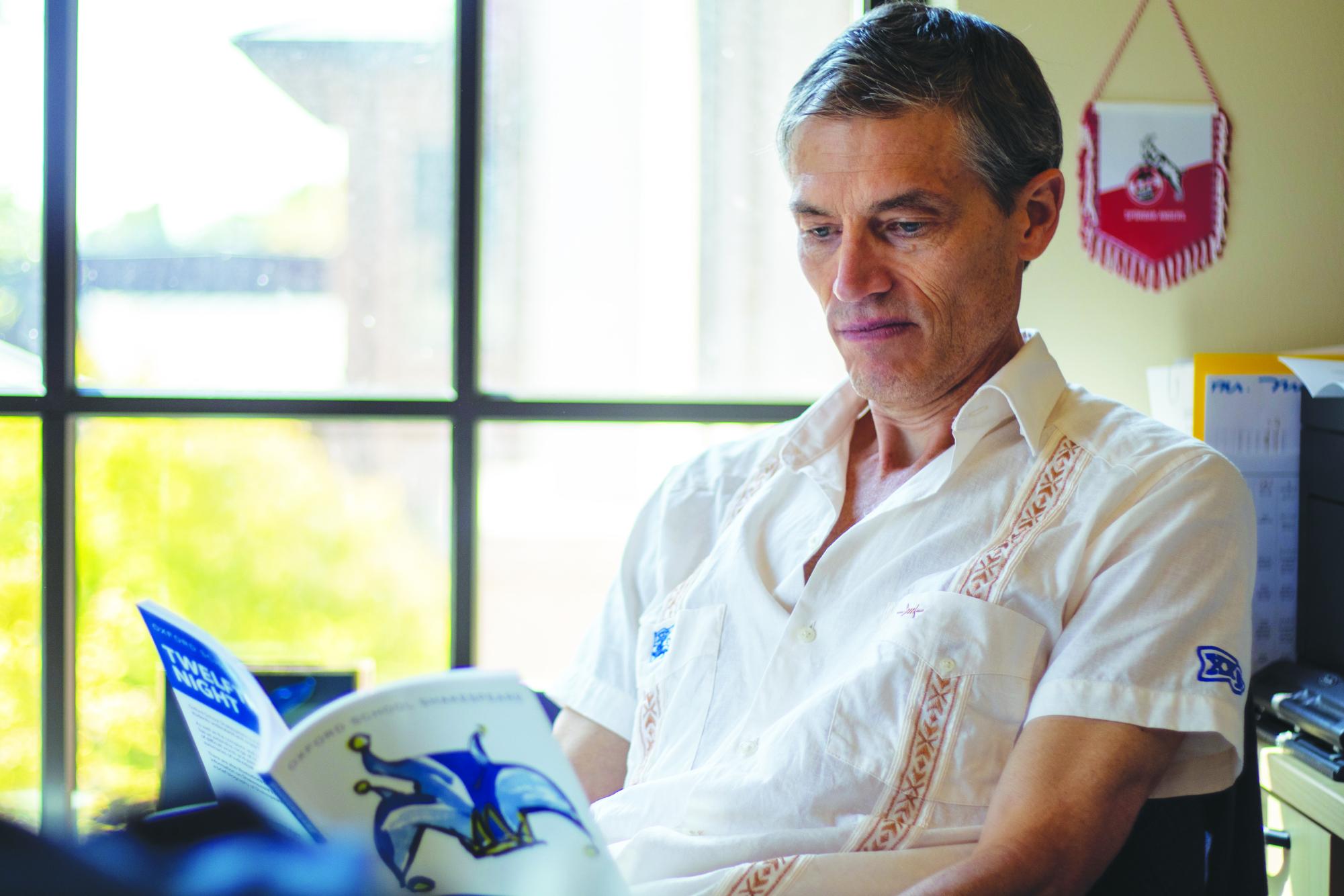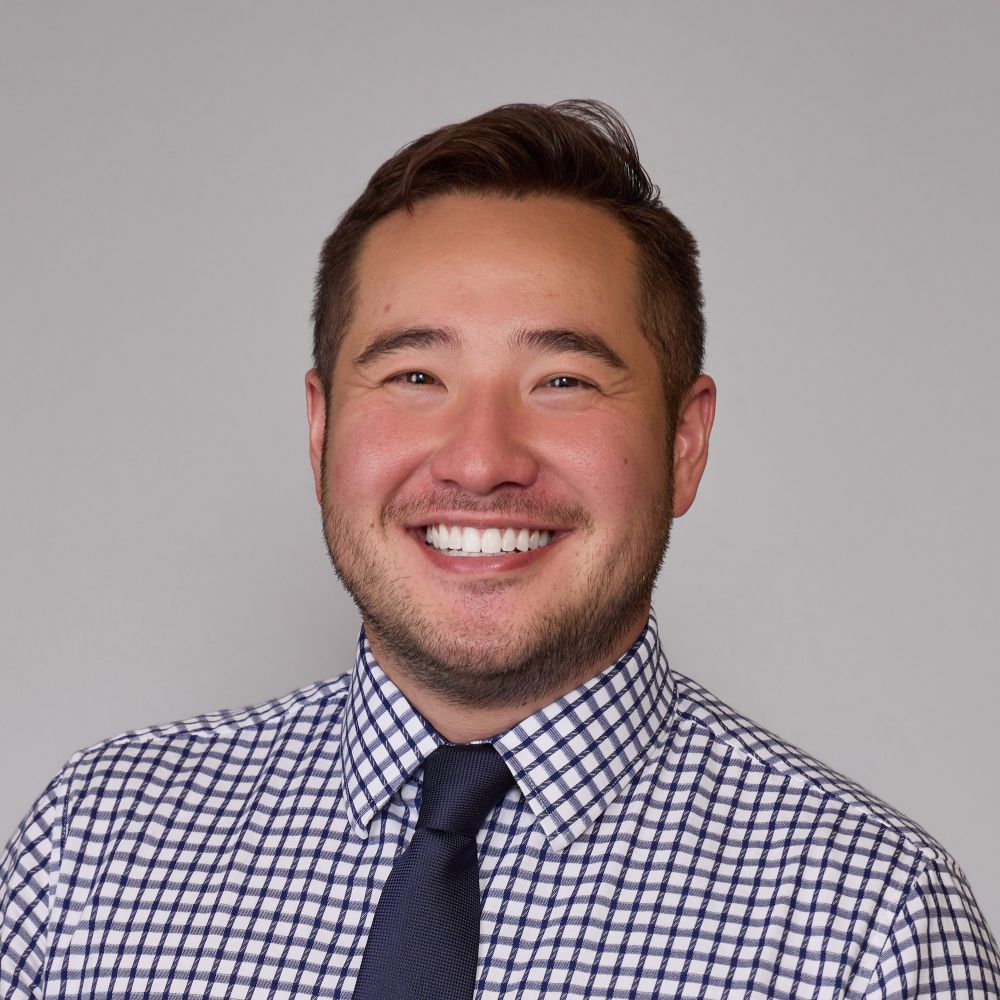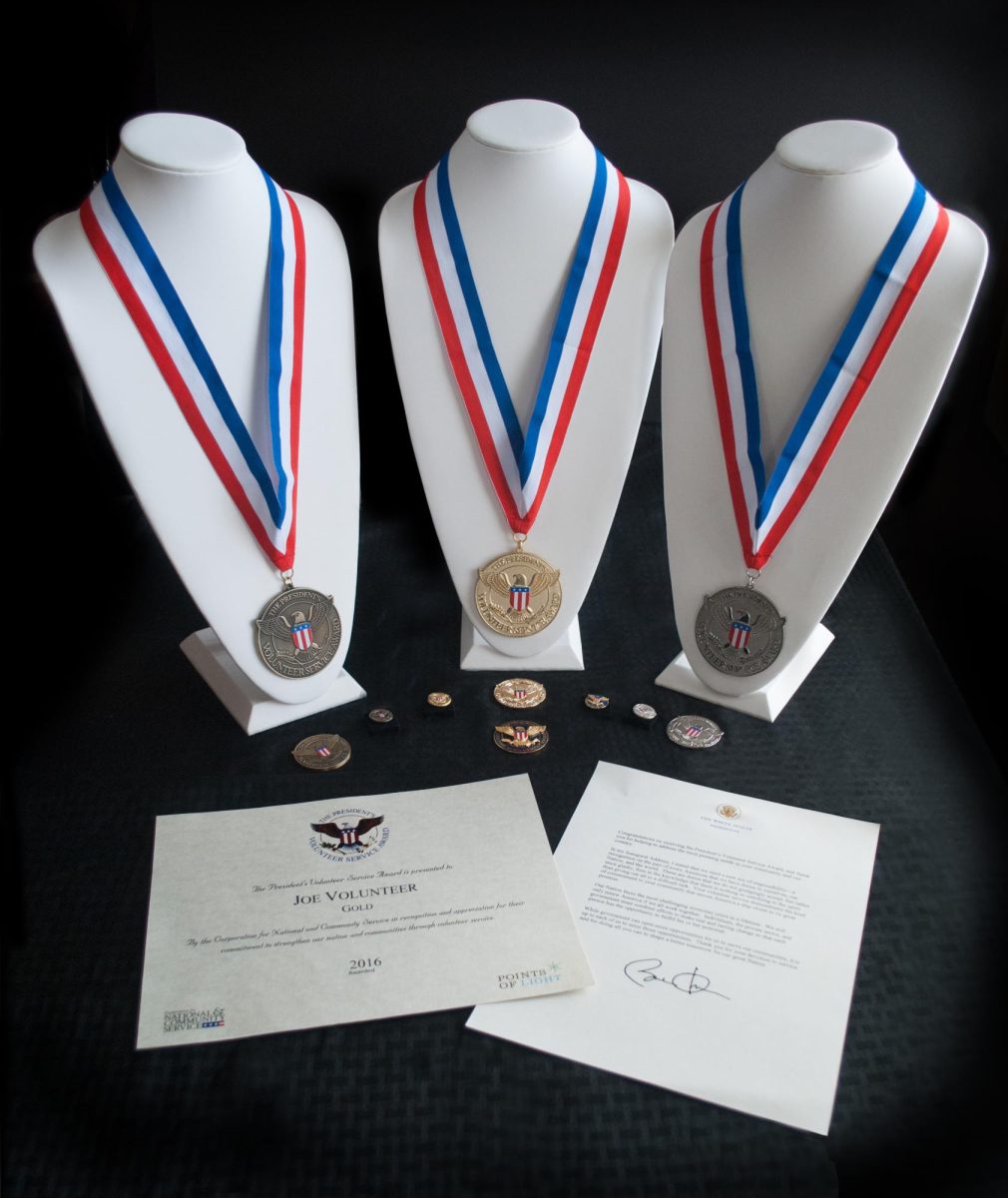Throughout decades of high school teaching, a literary canon of commonly taught books has formed, with many of the books being decades or centuries old. Plays by Shakespeare and books like “The Great Gatsby” have been taught to American students for decades.
While many of these works have educational merit, some believe that a few of the books ingrained in the curriculum are outdated.
Others argue that the entrenched presence of these longstanding classics in the curriculum diminishes opportunities for newer, more contemporary books to be included in school curricula.
As a private, independent school, St. Mark’s decides its own curriculum and which books are covered, allowing for flexibility in English and humanities education.
English Department Chair Michael Morris notes that the department tries to cultivate a healthy balance between canonical works and more unique, contemporary works.
While many schools across the country are forced to follow specific curricula due to limited resources or a higher authority, the school has both the resources and the freedom to constantly change its curriculum to fit its student body’s needs.
“At St. Mark’s, our curriculum actually does change and has changed,” Morris said. “We try to be attuned to the need for new texts, but at the same time, we balance that with the need to establish a good foundation in the canon.”
Though some of the books in the canon are relatively outdated, many still hold educational value and remain culturally relevant, so the English department continues to teach them.
While some insist that these canonical books are antiquated and serve no use for individuals today, Morris disagrees.
“The canonical books are not outdated, really. We think that literature is a mirror on life,” Morris said. “And so we think you’ll still see yourselves in them even though these stories might seem old.”
Many of these books are taught as “core texts,” books that are cemented into the curriculum of the course.
For example, sophomores read “The Great Gatsby” every year during their English 10 course, a school tradition that has lasted for decades.
“We agree as a department what we think are core texts, and then anything that you want to build out around that is completely up to the individual teacher,” GayMarie Vaughan, the Victor F. White Master Teaching Chair in English, said.
Individual teachers have the freedom to add on to the curriculum and introduce other books they want to cover.
This allows for an experience that not only covers the core curriculum but also offers additional enrichment.
“One of the wonderful things about being a teacher at St. Mark’s is that there’s a wonderful amount of liberty for teachers to choose texts and poems and nonfiction pieces that augment what we’re already doing in class and that round out the thematic aspect of the course that you want to do,” Vaughan said.
The options for reading massively expand in senior year with the program of Senior English, which allows seniors to take two semester-long English electives, with many of them covering unique topics, such as gothic horror and dystopian literature.
“With the elective courses, it’s all over the place. That’s where interests explode, and boys can follow a myriad of subjects and ideas that they’re interested in, and that keeps it very dynamic,” Vaughan said.
In these elective courses, teachers can cover whatever pertains to the topic, including many books outside of the canon. For example, Vaughan teaches many relatively contemporary works in her electives.
“Some of our senior electives do offer an expanded range of books,” Morris said. “A couple of Dr. Vaughan’s senior electives, for example, Literature of Human Rights and science fiction, take on books that aren’t really part of the canon.”
While many public schools face restrictions like book bans and may struggle to introduce newer books to their curricula, the school’s teachers have the unique flexibility to choose books that they believe will benefit the students.
“We’re fortunate in so many ways,” Morris said. “We have the opportunity to independently choose the books that we think make sense.”







